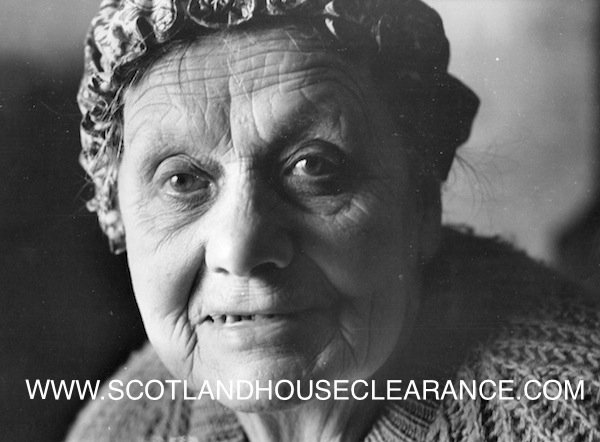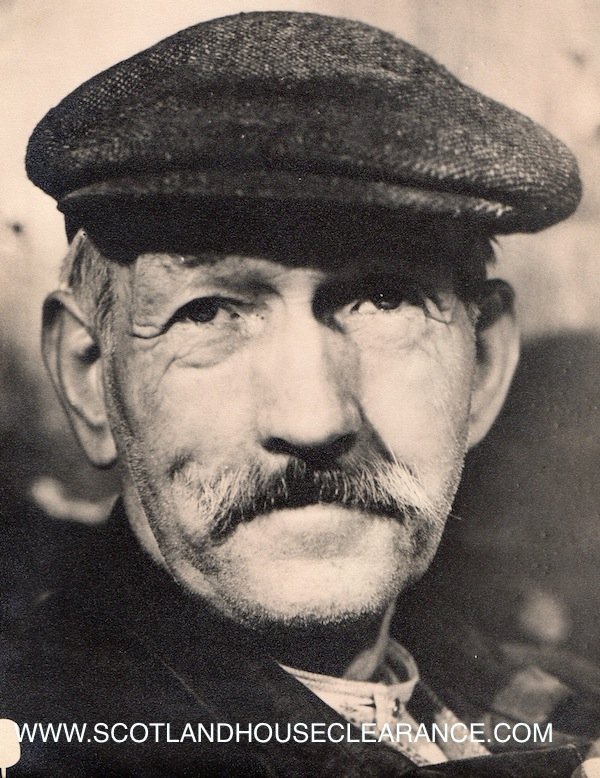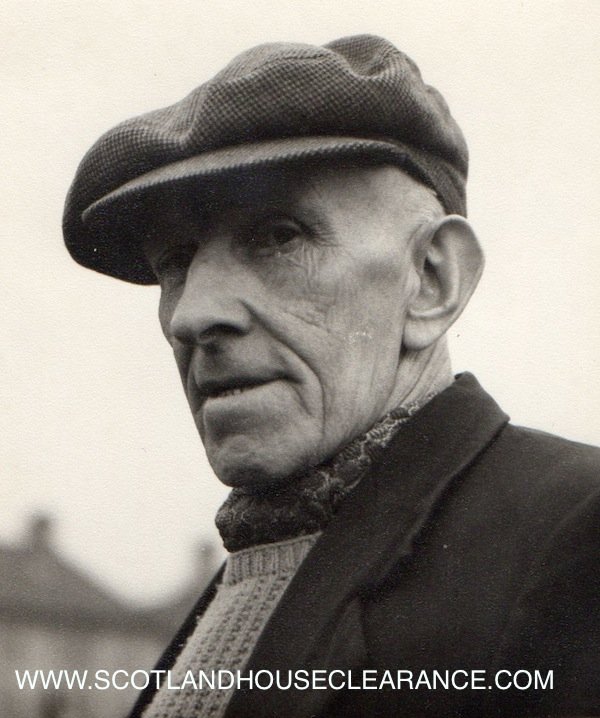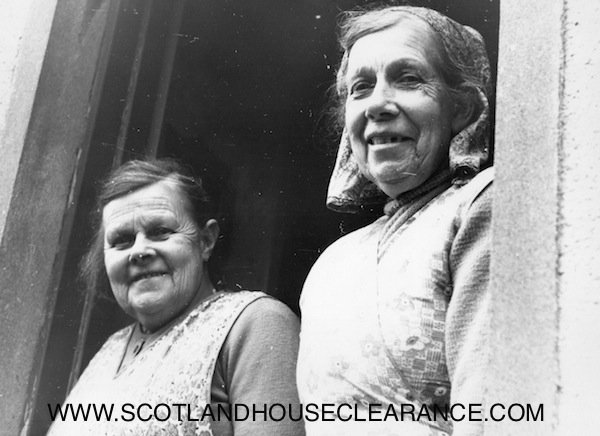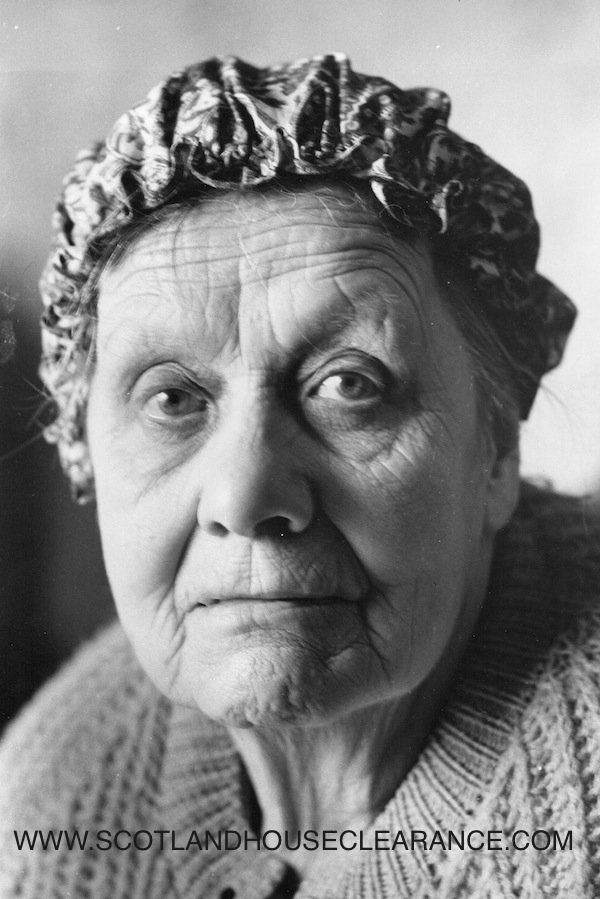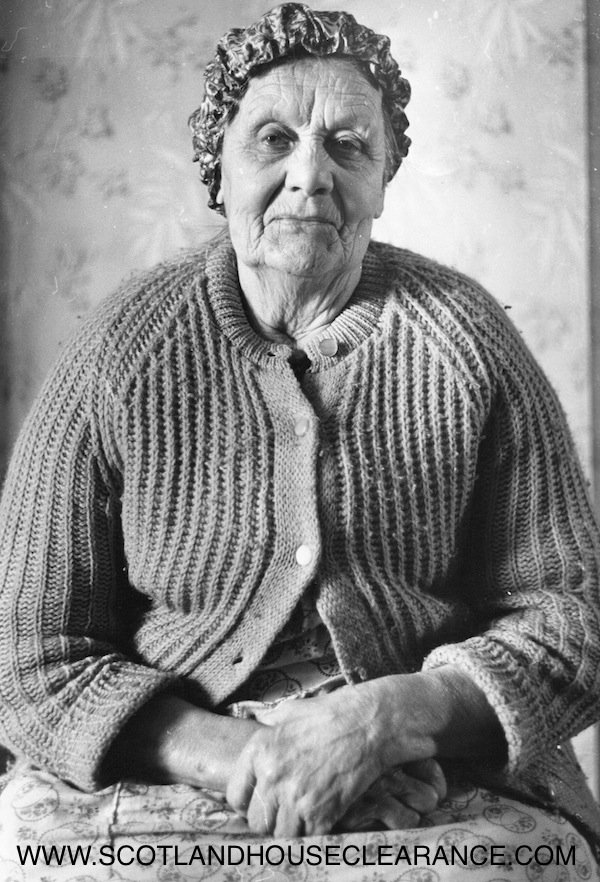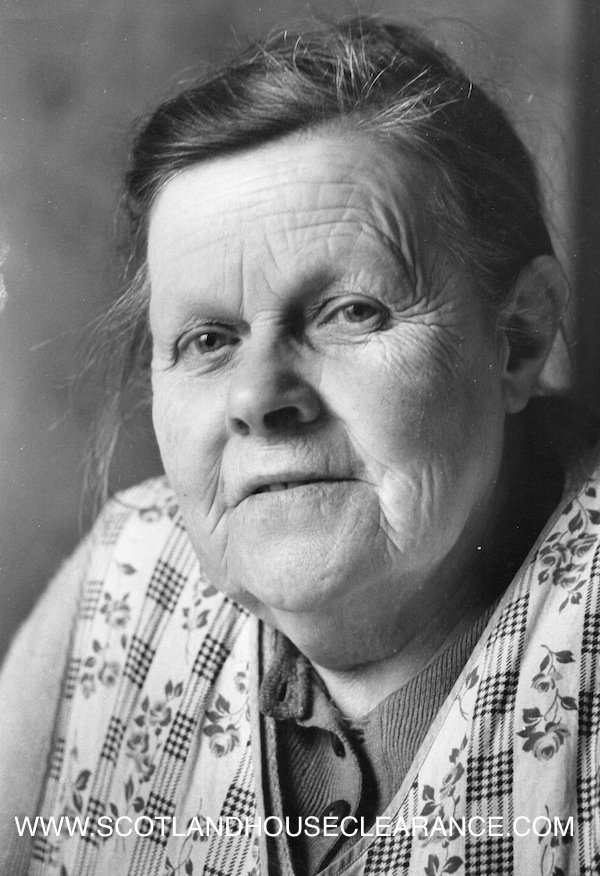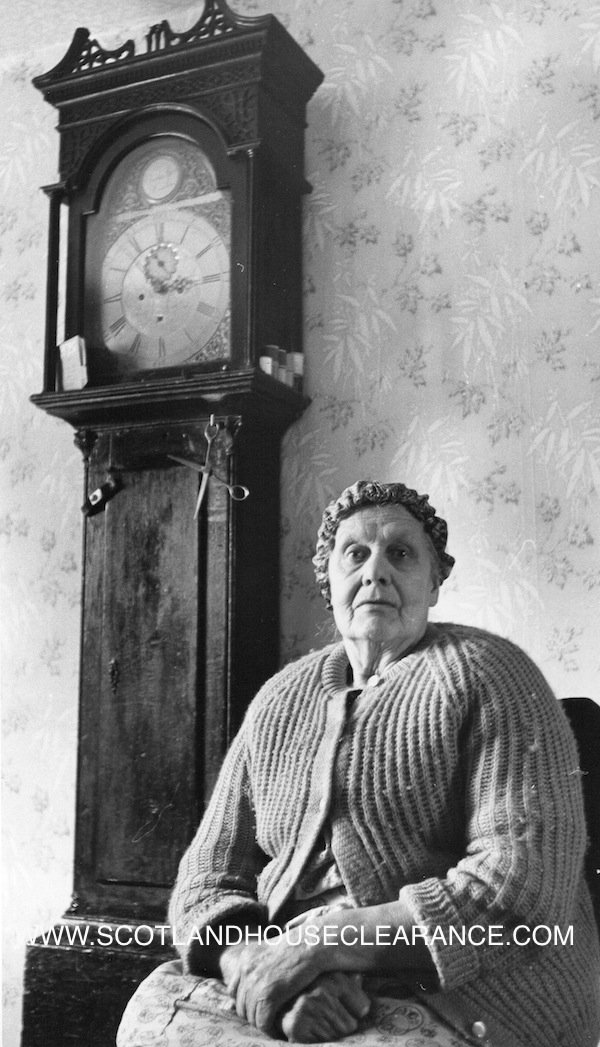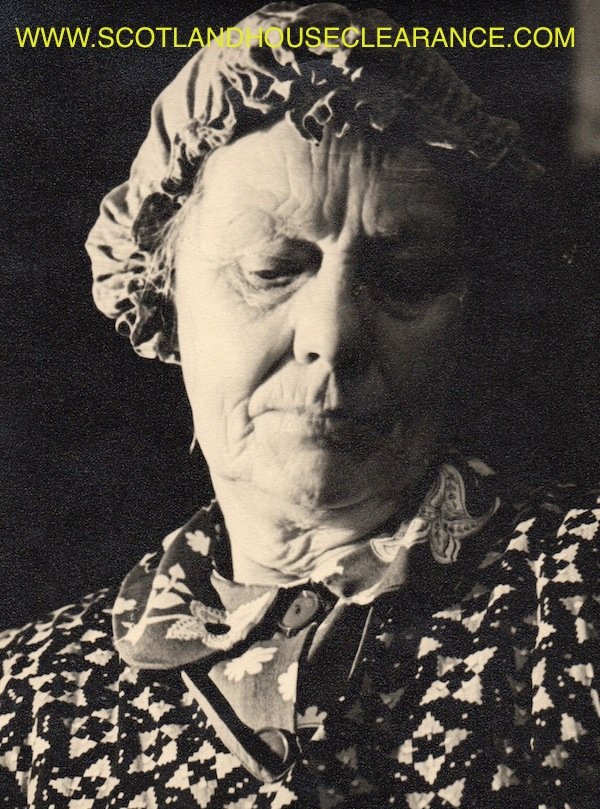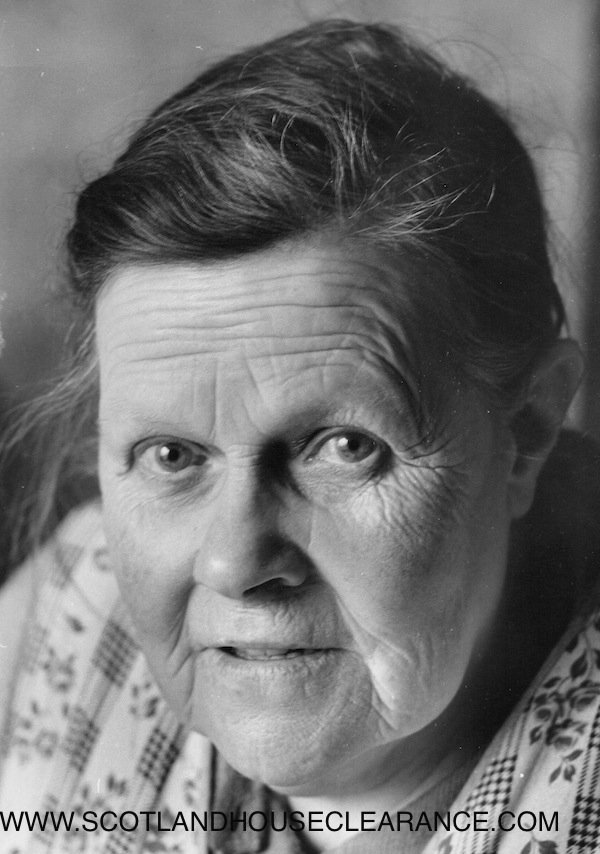The following antique vintage photographs were acquired during a house clearance & unwanted by the families or owners of the properties cleared.
Life in Scotland during the 2nd World War
In the Glasgow, Edinburgh, Aberdeen, Clydebank and Dundee areas thousands of civilians were killed and thousands of woman, children and men were made homeless when Luftwaffe bombed these cities.
While Scots men were fighting for their country the Women’s Land Army helped with farming to provide food.
For six long years people had to cope with the constant fear for the safety of family and loved ones.
10,000 women built the Merlin engines at the Rolls-Royce factory, these engines powered the Lancaster bombers and spitfires.
Rationing of clothes and food was shortly introduced after the outbreak of war, there was not a lot of food for the Scots during this time.
People had to live in fear knowing that anytime bombs could be dropped.
During the war everyone had to carry national registration identity cards. There were introduced by the government in 1939. These cards were to prove that they were not the enemy and therefore had the name and address of each card carrier.
Identity cards would also be shown when using clothing coupons or ration books, this was to show the amount of clothes and food that each person was entitled to.
In March 1941 the world war was being fought in Clydebank. Over two nights 528 people were killed and even more injured as 439 bombs were dropped from German bombers.
During the blackout, windows and doors had to be covered with curtains and n lights were allowed on after dusk. This was very dangerous for people walking or driving as there was no street lights.
During the Second World War citizens in Scotland suffered just as much as the soldiers.
800 men died when a German boat torpedoed the HMS Royal Oak just off Orkney.
Mothers with young children were evacuated from the cities to safety in the countryside.
A quarter of the Scots who fought in the war were killed.
The war had a huge impact on the scots due to women having to work, families being evacuated, cities and industries being bombed and a lot of men not returning from war and wives being widowed.

